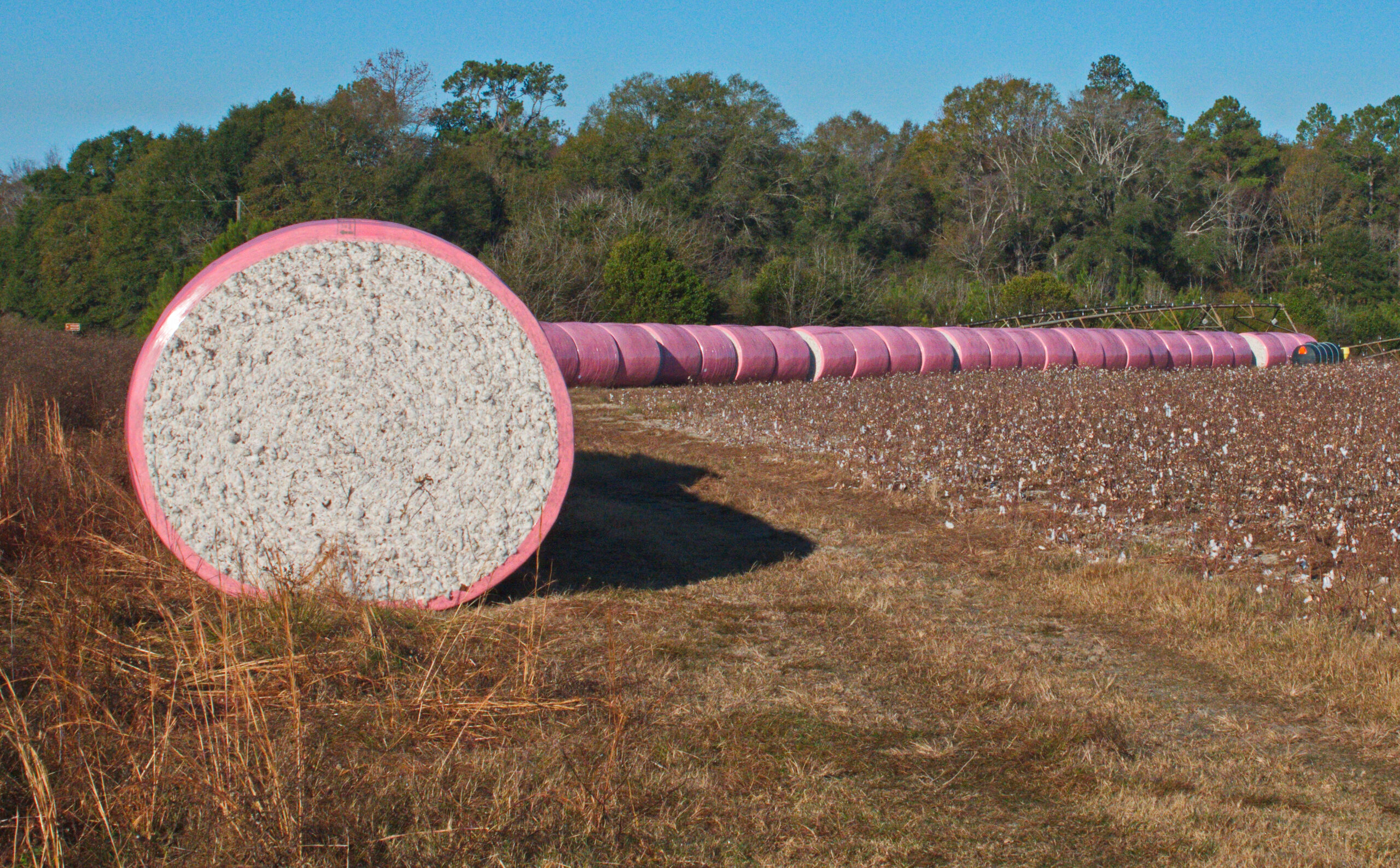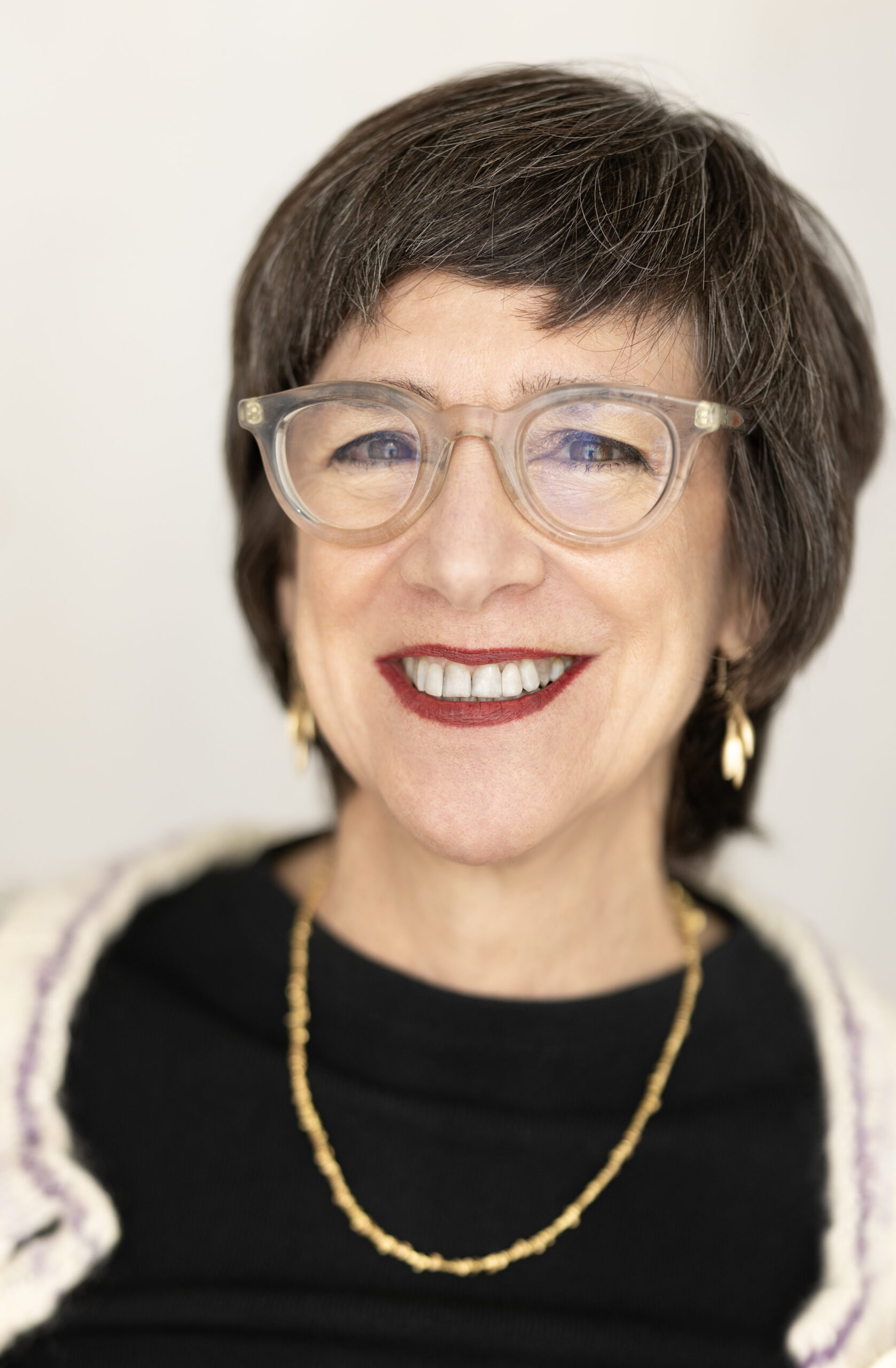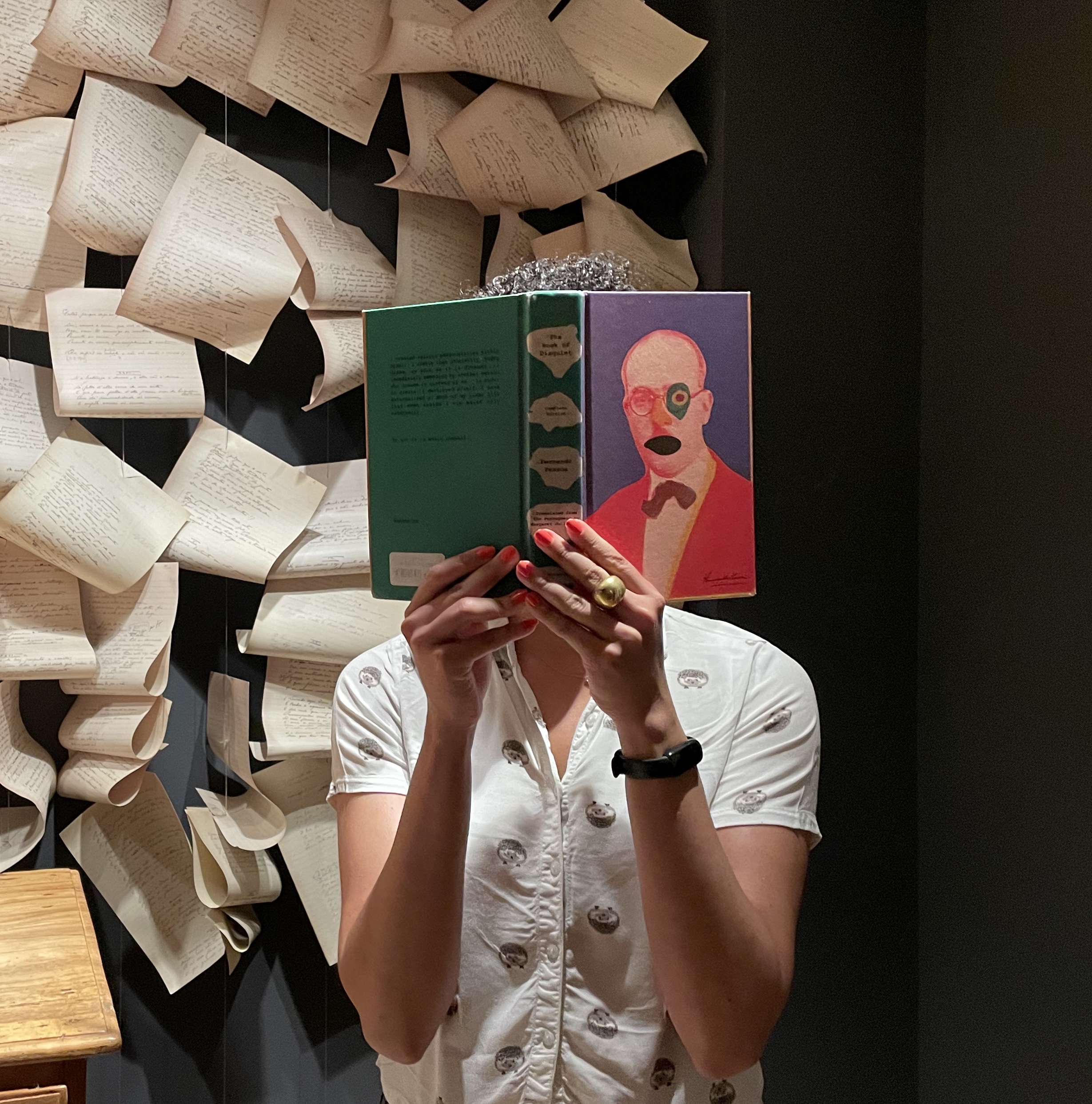“By the sweat of your brow
you will eat your food
until you return to the ground,
since from it you were taken;
for dust you are
and to dust you will return.”
Genesis 3:19
i.
In many ways we knew we had no choice.
We woke in time to tell the stars goodnight,
Returned to broken homes and heard the fights.
I hated those fields, but I fell in love with his voice.
I sat front row at the Bobby Lewis
Show every morning. I couldn’t sleep at all
Last night! Jujo would sing for all of us.
Shoulder to shoulder, tightly packed cotton bales
Rolling to fields that knew our hands so well.
Often, I fell to the earth before the rain did—
Twelve-year-old tear ducts provided the perfect
Moisture to keep those rows white.
Fifty cents per hour—
I saw nothing. I said nothing when Jujo cut weeds in my row.
ii.
Normal girls spent summers cannonballing,
Dancing to Thriller, idolizing
Princess Diana. While the four of us
Stood hoe in hand, whispering good morning
To the groggy skies. Cutting weeds wasn’t fun,
But being with my Tía and her two daughters
In those fields right off the Slaton highway
Meant everything. Those fields made us women.
The dashboard slow-cooked our bean burritos
Just in time for lunch. Five dollars per hour—
to learn to pop-a-squat.
At thirteen I was being potty-trained
Yet again. Soiled underwear. Callused hands.
We spent those summers becoming women.
iii.
There’s no choosing between privilege and work ethic.
Panhandle-colored skin. When I grow
Old you’ll see rows of cotton run above
My arched brows. My hands will return
To adolescence. But my body will speak—
Through aches and pains, I inherited
Privilege. Through bruised and broken backbones
I learned blistered hands were meant to bleed.
Count the calluses
After a week’s work and that’s your payment.
At fifteen these hands bent steel,
built banjos for cotton gins.
We mold the earth, forgetting that the rain
Brings winds that carry our bodies like dust.
Julián David Bañuelos is a Mexican American poet and translator from Lubbock, Texas. He is a graduate of the Iowa Writers’ Workshop. You can find his work at JulianDavidBanuelos.com.




